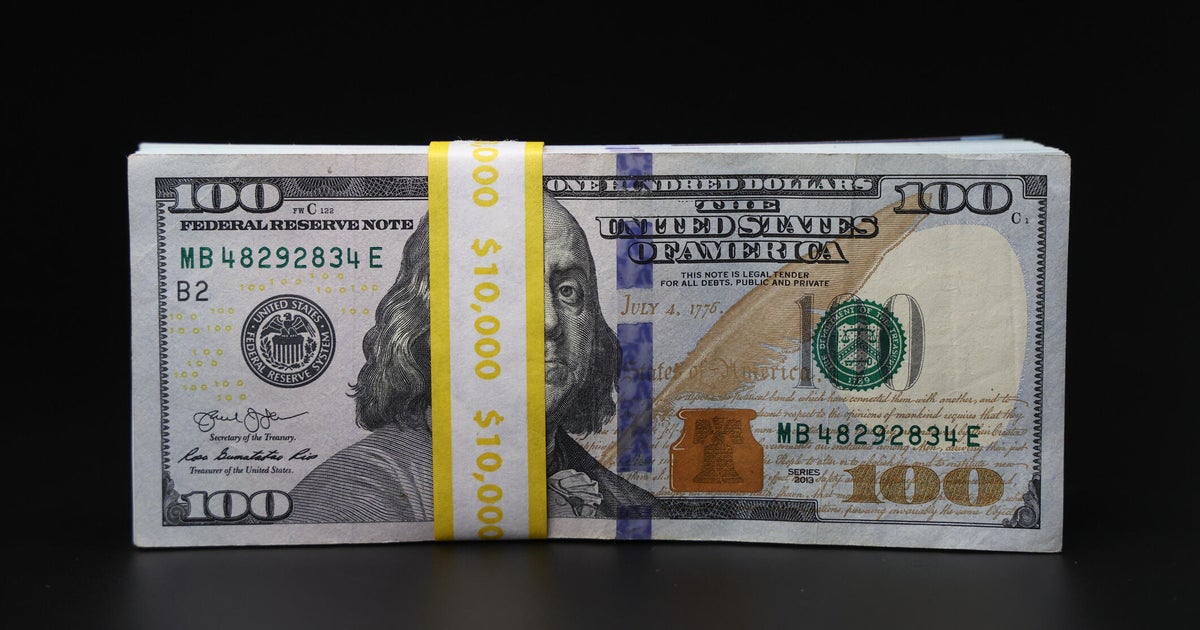Which is the best CD to open before the Fed cuts rates?
High CD account interest rates may not stay high for much longer.
That seemed to be the message last week after the Bureau of Labor Statistics released its latest inflation report, showing inflation at 2.9% for July, the fourth consecutive month in which it dropped. With inflation now close to the Federal Reserve's target 2% goal, cuts to the federal funds rate appear imminent (the CME FedWatch tool has it pegged at a100% certainty that the federal funds rate will be cut in September).
That's good news for borrowers but could be problematic for savers who have benefited from elevated rates on high-yield savings and certificates of deposit (CD) accounts in recent years. Against this backdrop, prospective CD account holders should take certain steps now, most importantly by opening the right CD. But which is the best CD to open before the Fed cuts rates? That's what we'll explore below.
Start by seeing how much more money you could be earning with a top CD here now.
Which is the best CD to open before the Fed cuts rates?
Simply put: The best CD to open before the Fed cuts rates is one that you can afford to leave untouched until maturity. If you need to regain access to your money prematurely, you'll generally need to pay an early withdrawal penalty to do so. So the "best" CD is unique to your financial situation. That said, if you can afford it, a long-term CD (longer than 12 months) with a substantial deposit is arguably the best type of CD to open before rate cuts are issued.
This is because CD interest rates are locked and will remain the same for the full CD term, or length, regardless of what happens in the larger rate climate. While this is a distinct disadvantage in an economy in which rates continually rise, it's a major benefit now in the face of multiple rate cuts on the horizon. And considering that rates on CDs with terms of 18 months or longer are in the 4% to 5% range still, it makes sense to deposit $5,000, $10,000, or more into one of these accounts right now.
By doing so, not only will you lock in today's elevated rate, but you'll be able to earn significantly more than if you waited until 2025, for example. It's critical to remember that rates on CDs were many times lower than they are now in 2021 and 2020. So a course correction appears inevitable. Don't wait for that to happen.
Get started with a high-rate, long-term CD here now.
What are today's long-term CD rates?
To better determine which long-term CD is best for you, it's helpful to know what the available rates are and how much you stand to earn by opening one. Here are a few terms and rates that can be secured now, alongside the interest that can be earned with a $5,000 and $10,000 deposit:
- 18-month CD at 5.00%: $379.65 earned on $5,000/$759.30 earned on $10,000
- 2-year CD at 4.75%: $486.28 earned on $5,000/$972.56 earned on $10,000
- 3-year CD at 4.45%: $697.64 earned on $5,000/$1,395.29 earned on $10,000
- 5-year CD at 4.35%: $1,186.32 earned on $5,000/$2,372.64 earned on $10,000
As can be seen, the longer you keep your money in a CD, the more you'll earn, even if the rate is lower than what can be secured with a shorter term. However, that earnings difference will need to be carefully weighed against your ability to keep the funds frozen in the account. If you think you'll need access sooner or will need a portion before the account matures, a CD with a different length and different opening deposit may be better for you.
The bottom line
The "best" financial decision differs for each person and that's not any different when trying to determine the optimal CD account to open now, before the Federal Reserve starts issuing interest rate cuts. That said, there's a compelling argument for opening a long-term CD with a substantial deposit now if savers can afford to do so. By making this move today, they can lock in a high rate while still available and they can earn hundreds, if not thousands, of dollars in the months and years to come, even if the overall rate climate cools.
Have more questions? Learn more about your current CD options here.




